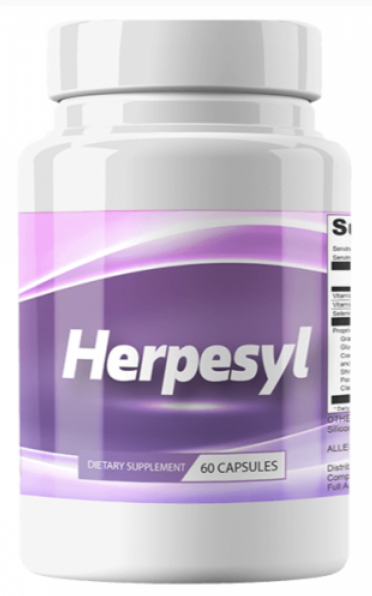Herpes outbreaks can range from mild to severe. The first is usually the most painful. Read on for some insight and possible herpes relief methods for various painful symptoms.
Types of Herpes Pain
First of all, a first herpes outbreak tends to be the most severe. If herpes symptoms occur, one may experience the following:
- Burning, itching or tingling
- Before blisters appear, your skin may burn, itch or tingle for a least one day.
- Sores
- Flu-like symptoms
- Muscle aches, fever, swollen lymph glands (nodes) in the groin (genital herpes) or neck (oral herpes) are possible.
- Problems urinating
- Burning sensation or trouble urinating, particularly in women
- Nerve pain / muscle tenderness in leg and/or buttocks
At least one painful, fluid-filled blister may develop. Blisters burst open and usually ooze fluid and develop a crust, before they heal. The sores can sometimes appear between two and twenty days after contact with someone infected with the virus, and can last for 7-10 days. For a first outbreak, they can take four weeks to heal!
Genital herpes sores typically appear on the vagina, penis, anus or buttocks. Women get sores inside the vagina. The sores can also occur on any part of the skin.
In oral herpes, most blisters develop around the mouth or on the lips, sometimes on the tongue or face. The sores can also appear on any part of the skin.
Easy Herpes Pain Relief Tips
While herpes has no cure, even though there are methods to stop outbreaks, there are none that are totally fool-proof. The following tips can help relieve your herpes pain and discomfort.
- Practice good hygiene: take a bath, wash your hands often and try not to touch the sores.
- Wear loose clothes-this reduces discomfort and helps heal the sores. Put on cotton, instead of synthetic underwear.
- Have epsom salt baths — this will clean, dry and relieve the pain of sores and blisters. Put a few spoons of salt in shallow water.
- Abstain from sex-this will prevent you from spreading the herpes virus when you’re experiencing its symptoms, such as tenderness, tingling or itching on the affected area.
- Urinate in a shower or cool bath — if you feel pain while urinating, this trick dilutes your urine and guards against burning of sores.
- Cool the affected part — apply ice directly to the area or blow dry the area to get some relief.
- Use over-the-counter medications — you can reduce the tenderness and fever by taking aspirin, ibuprofen or acetaminophen.
- Don’t use deodorants, perfumed soaps, bubble bath or anything else that can irritate.
- After a warm bath, gently dry the sores using a soft towel or hair dryer if a towel is too harsh.
- Drink lots of water and fluids daily — this dilutes your urine more and makes urination less painful.
- Avoid stress. Reducing stress can boost your immunity and potentially reduce your symptoms.
- Don’t share clothes, a sponge or towel with others; you might spread the virus.
- When the symptoms of herpes disappear and you resume sex, make sure you use lubricants to prevent friction that may cause a recurrence of symptoms.
- Advil can help, as well as fever reducers.
Hopefully these herpes pain relief tips have been useful to you. If you have any suggestions that have worked for you, please share them in the comments and potentially help someone else! Check out this quiz at WebMD to see if you know as much about herpes as you think you do.








